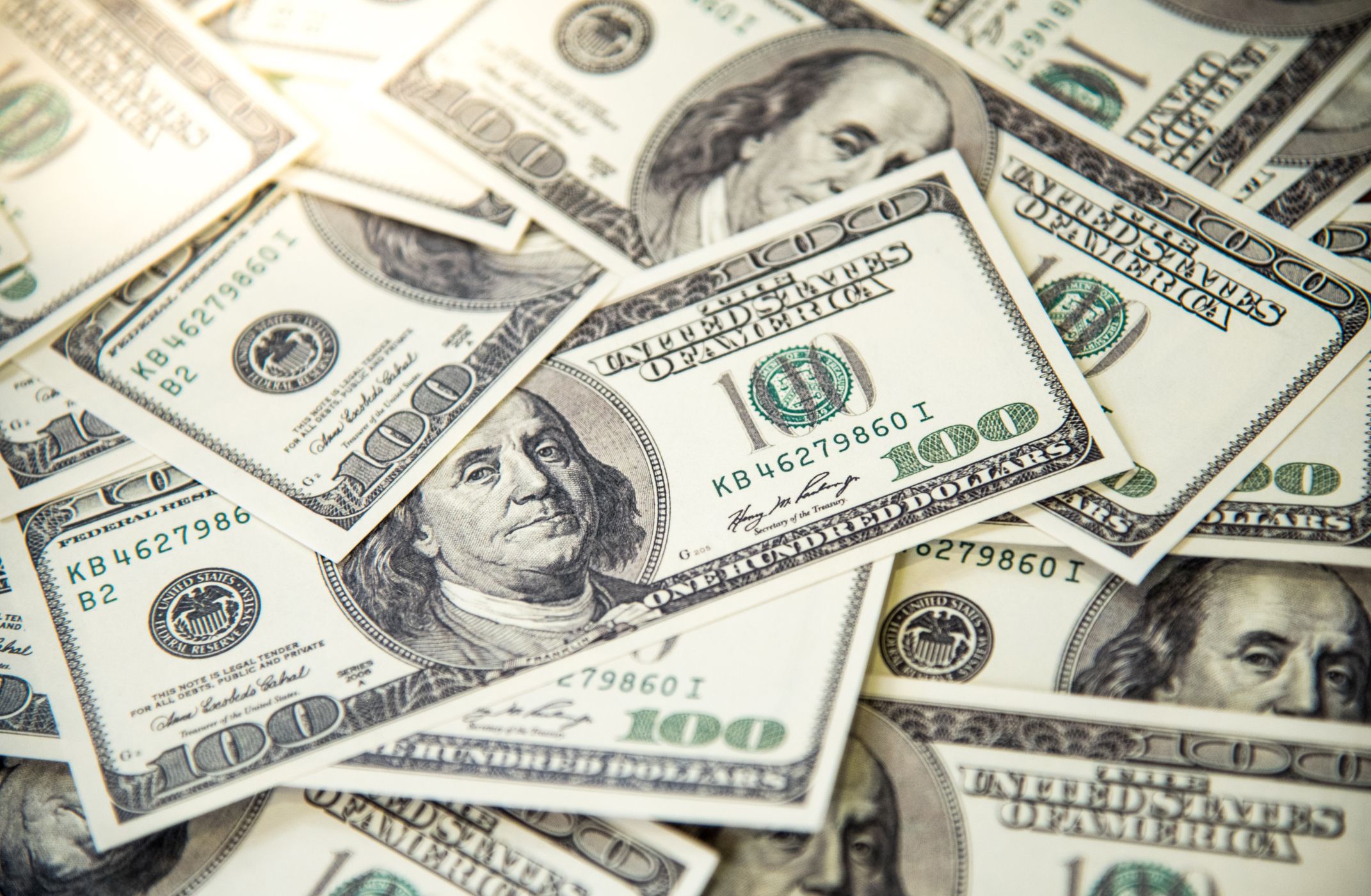
So-called agreeable individuals are more likely to find themselves in financial woe when compared with their "less agreeable peers" a study published in the Journal of Personality and Social Psychology has found.
Dr. Joe Gladstone, Assistant Professor at the School of Management, UCL, U.K., explained to Newsweek that he and co-author Sandra C. Matz of Columbia Business School wanted to understand whether having a nice and warm personality—what academics dub as "agreeableness"—is linked to being worse off financially.
Agreeableness is a personality trait characterized by being kind, trusting and caring, according to Gladstone.
Read more: Psychopaths can't tell if a person is genuinely sad or afraid, study suggests
The team set out to build on previous evidence which showed those who are agreeable are more likely to have lower credit scores and incomes. So the researchers posed a question: Would agreeableness make a person more vulnerable to being being broke, and what are the psychological mechanisms underlying this potential relationship?
To test their hypothesis, the team drew from data on over 3 million people across five studies which formed the basis of the larger piece of research.
The researchers drew on information from datasets including two online surveys quizzing almost 4,000 participants on their financial situation and attitude towards money; a nationally representative survey on similar topics involving over 4,000 individuals; bank account data on around 500 people; a study on agreeableness involving almost 5,000 volunteers; and geographically aggregated insolvency and personality measures.
"Across all these different methodologies we find that agreeableness is associated with various indicators of financial hardship including lower savings, higher debt and higher default rates," said Gladstone.
Agreeable people seemed to simply care less about money, and therefore did not manage their money wisely, the research suggested. At the same time, not every agreeable person had an equal risk of falling victim to financial hardship, said Gladstone.
"The relationship is much stronger for low-income individuals who don't seem to have the financial means to compensate for their agreeableness personality," he said.
Gladstone said he was particularly surprised to find that agreeableness in childhood appeared to be a predictor of financial hardship later in life. "Thus, the consistency of findings across very different types of data is a strength of this research," he said.
As financial hardship has negative consequences for both for the individual's physical and mental well-being as well as society at large, Gladstone hopes the research will form the basis of policies aimed at supporting "low-income agreeable people."
"In fact, banks might simply offer incentives for saving more or reducing debt that are aligned with agreeable personality, e.g. by appealing to the importance of keeping track of their balances to protect their family," he argued.
Dr. Alan Southern, senior lecturer in Management School at the University of Liverpool, U.K., told Newsweek the findings "fit a popular imagery about nasty rich people and the pitiful poor."
However, Southern argued the conclusion is an over-generalization, and risks feeding into the myth that people are poor because they lack entrepreneurial spirit.
"You might say we all need to be responsible for making sure we contribute to society. Yet this ignores many social and economic structures that create the levels of inequality we are experiencing," he said.
In another study investigating personality traits, published in the journal Nature Human Behavior, four broad personality types that humans slot into were identified: average; reserved; self-centred; and role model.
The study was based on data from 1.5 million responses to questionnaires. William Revelle, a professor of psychology at Northwestern University and author of the study, commented in a statement at the time: "People have tried to classify personality types since Hippocrates' time, but previous scientific literature has found that to be nonsense. Now, these data show there are higher densities of certain personality types."
This article has been updated with comment from Dr. Alan Southern.
Uncommon Knowledge
Newsweek is committed to challenging conventional wisdom and finding connections in the search for common ground.
Newsweek is committed to challenging conventional wisdom and finding connections in the search for common ground.
About the writer
Kashmira Gander is Deputy Science Editor at Newsweek. Her interests include health, gender, LGBTQIA+ issues, human rights, subcultures, music, and lifestyle. Her ... Read more
To read how Newsweek uses AI as a newsroom tool, Click here.








